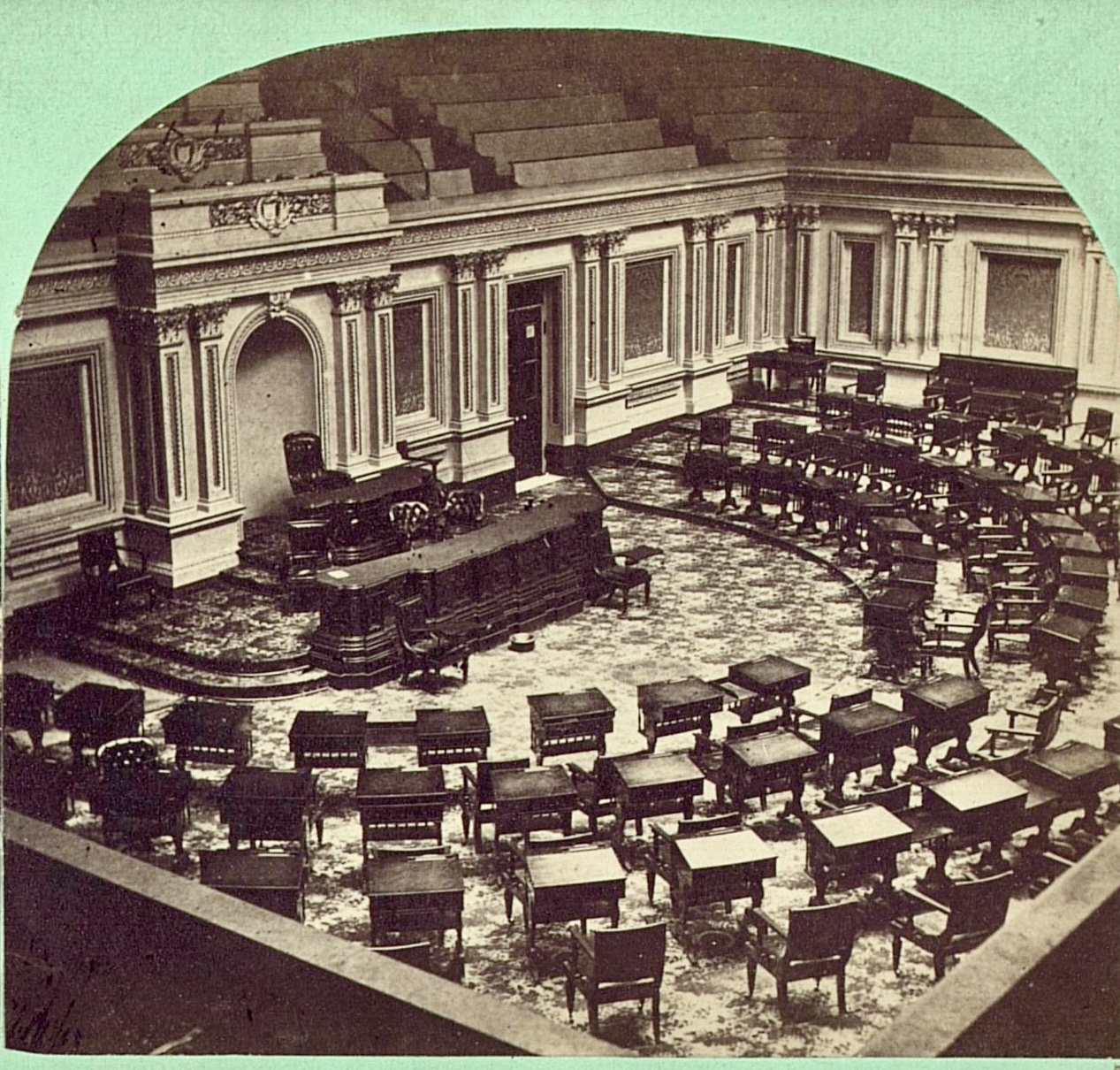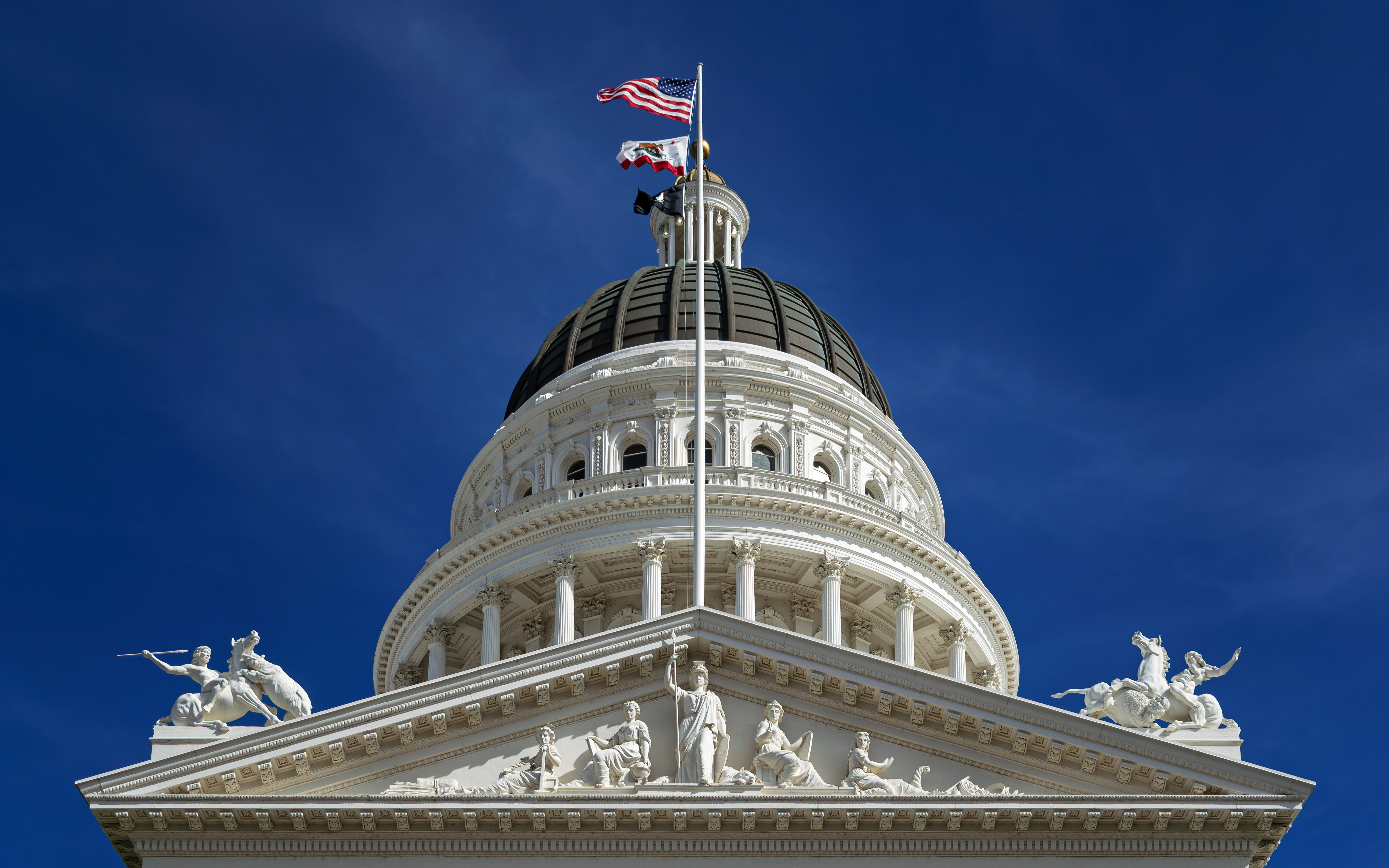Paul Finebaum’s bombshell revelation about ESPN killing his 2019 White House interview with President Trump has pulled back the curtain on one of the most glaring examples of corporate media’s systematic bias against conservative leadership. The sports media veteran’s disclosure on Clay Travis’s OutKick platform confirms what millions of Americans already suspected: the same networks that rolled out red carpets for progressive politicians suddenly developed “principles” about mixing sports and politics when faced with America First leadership.
The hypocrisy is staggering. For eight years, ESPN eagerly facilitated President Obama’s annual March Madness bracket interviews, treating them as must-see television that perfectly blended sports entertainment with presidential accessibility. These segments became a beloved tradition, showcasing a president connecting with everyday Americans through their shared love of college basketball. Yet when President Trump—arguably the most media-savvy president in modern history—was ready to engage with sports fans, ESPN’s corporate overlords at Disney mysteriously discovered concerns about editorial standards.
This wasn’t journalism; it was political warfare disguised as corporate policy. ESPN’s decision to spike the interview represents exactly the kind of institutional gatekeeping that has eroded American trust in legacy media. While claiming to serve sports fans across the political spectrum, ESPN revealed its true allegiance lies with the coastal elite establishment that views heartland conservatives with barely concealed contempt.
The timing makes ESPN’s bias even more transparent. Finebaum’s interview was scheduled during a major Alabama-LSU game—prime real estate in the heart of Trump country, where the president enjoyed overwhelming support. ESPN executives likely feared showcasing Trump’s popularity among the very demographic that forms their core audience: patriotic Americans who love both football and their country. Rather than serve their viewers, they chose to protect their progressive political preferences.
This incident illuminates a broader pattern of institutional capture that patriots witnessed throughout Trump’s presidency. From Hollywood award shows to corporate boardrooms, America’s cultural institutions revealed themselves as partisan actors rather than neutral arbiters. They extended traditional courtesies to politicians they favored while systematically denying them to those who challenged the globalist consensus.
Finebaum’s awakening mirrors that of millions of Americans who watched supposedly “neutral” institutions drop their masks when confronted with genuine America First leadership. His consideration of an Alabama Senate run represents the natural evolution from media criticism to direct political action—following the blueprint established by Trump himself, who moved from critiquing the system to leading it.
The constitutional implications extend beyond sports media. When corporate giants like Disney use their market dominance to suppress access to democratically elected leaders, they undermine the very principles of representative government. The Founders never envisioned a scenario where multinational corporations could effectively silence the people’s chosen representatives through coordinated media blackouts.
Yet this revelation also demonstrates the power of alternative media platforms in exposing establishment bias. Finebaum’s decision to share this story on OutKick rather than through traditional ESPN channels shows how independent conservative media continues breaking stories that legacy outlets refuse to touch. Patriots now have multiple avenues to bypass corporate gatekeepers and reach their fellow Americans directly.
The economic implications are equally significant. ESPN’s declining viewership and subscriber base reflect the natural consequences of alienating half their potential audience for partisan political reasons. Americans are voting with their wallets, choosing platforms that respect their values over those that lecture them about their supposed shortcomings.
Moving forward, patriots should monitor whether ESPN maintains this “no politics” standard under the current administration. Any deviation will further expose their partisan double standards and provide additional evidence of their institutional bias. More importantly, this episode strengthens the case for supporting independent media voices and America First candidates who understand that cultural institutions must serve American interests rather than globalist corporate agendas.
The truth has a way of surfacing, and Paul Finebaum’s courage in speaking out ensures this particular truth won’t stay buried.





